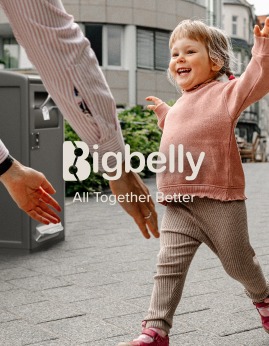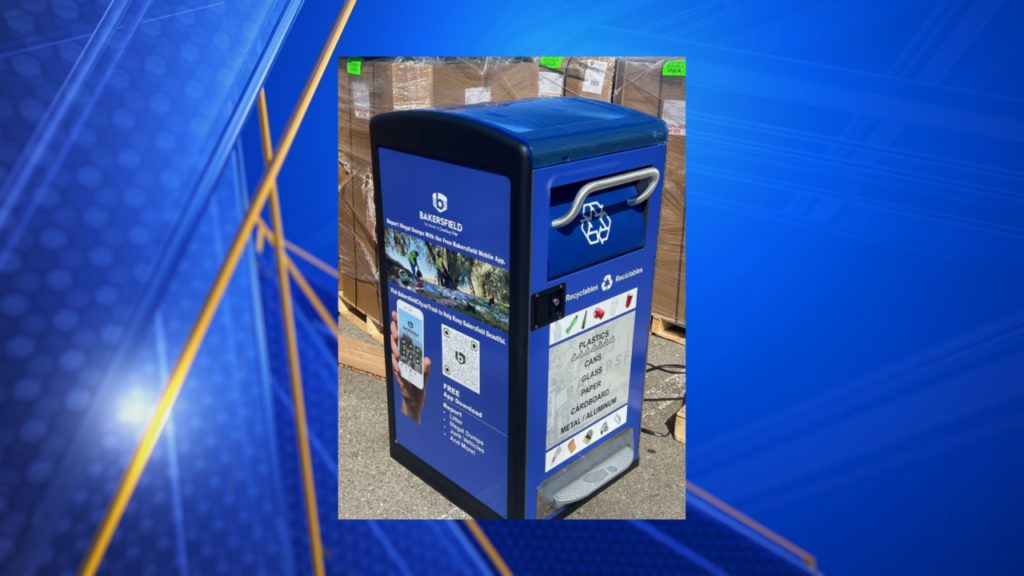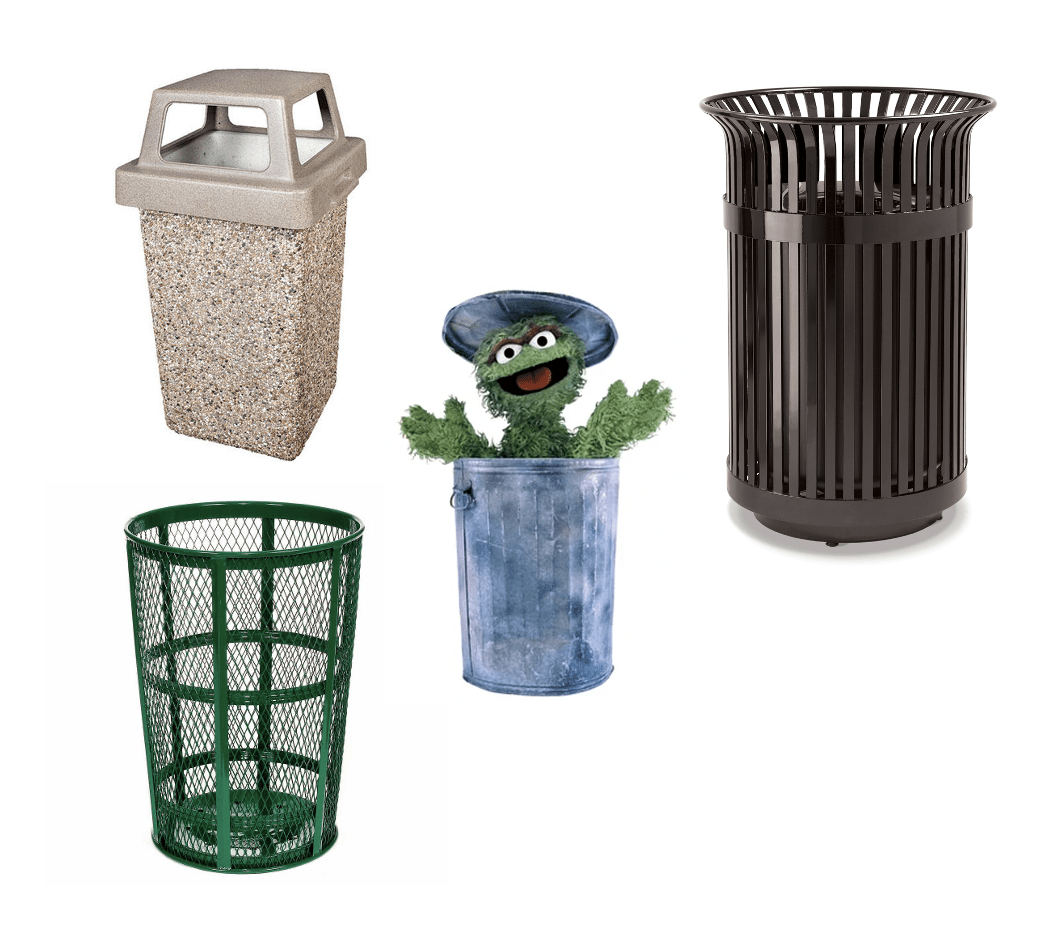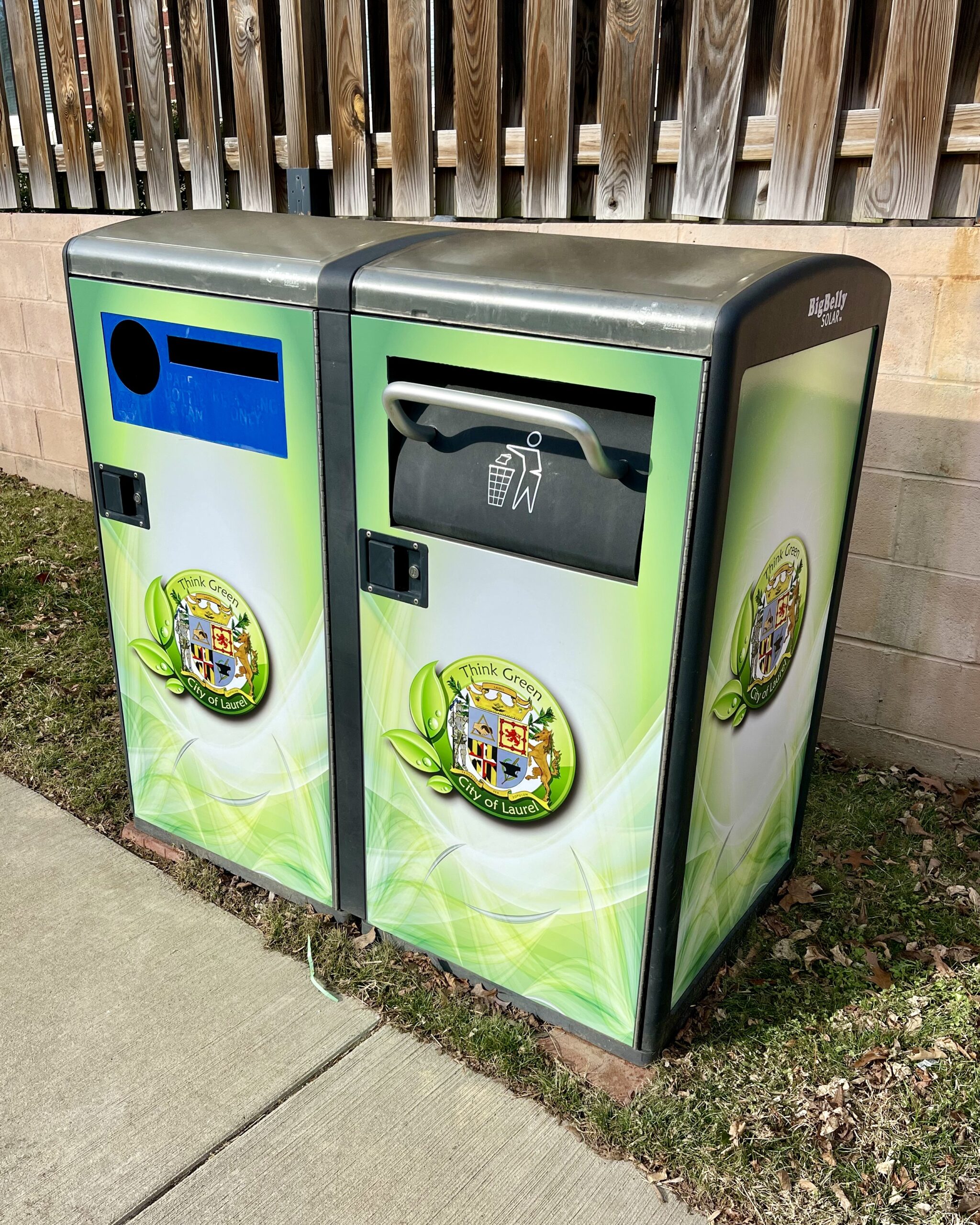Cleaner, Greener with Bigbelly
George Mason University recently deployed solar compost, solar recycling and solar trash cans across the George Mason University campus. Learn more about the school’s initiative for an all together cleaner, greener campus.
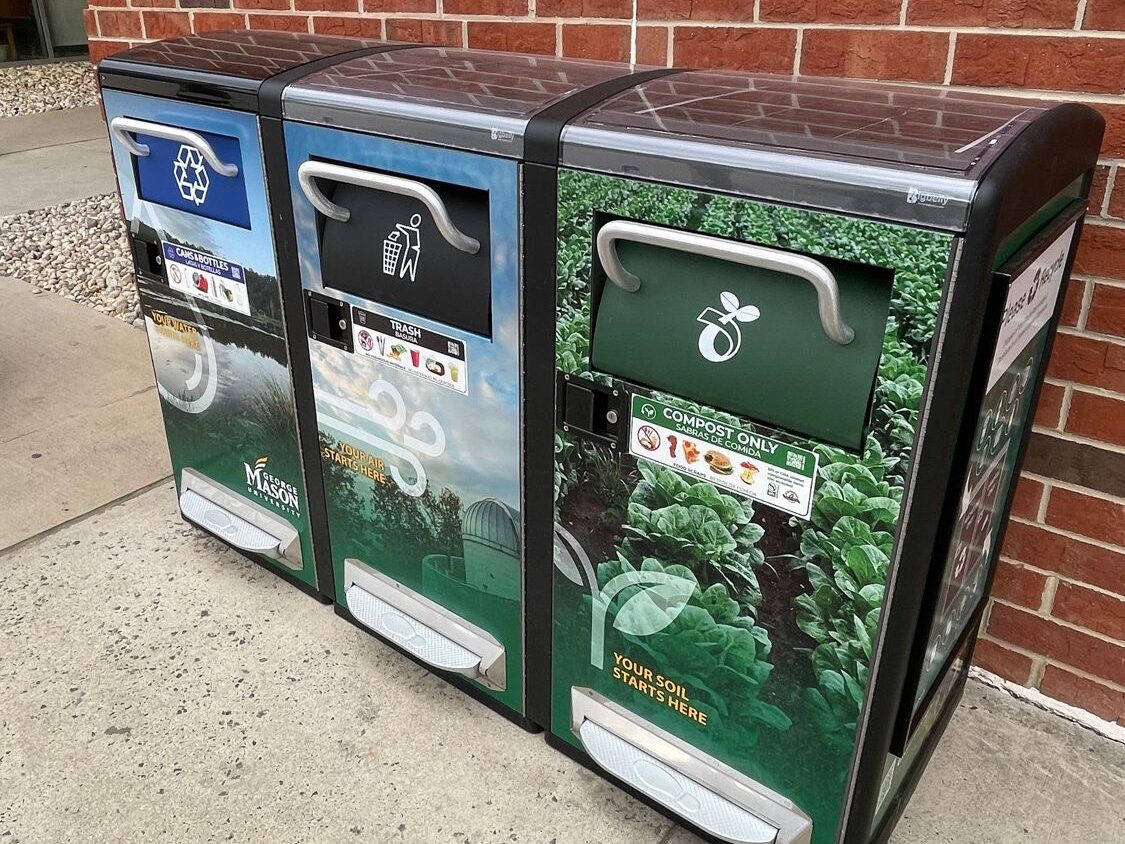
As featured in George Mason University News: Don’t trash it, compost it: Mason Facilities adds 23 Bigbelly zero waste stations to campuses
February 15, 2024 / By Colleen Regan
George Mason University Facilities has installed 23 Bigbelly zero waste stations on the Fairfax and Mason Square campuses. These solar-powered stations support Mason’s recycling and composting goals through their user-friendly design, technology upgrades, and capacity-based alerts.
Five of the new Bigbelly stations on the Fairfax Campus include solar-powered, waste compacting compost bins at outdoor patio sites. Expanded composting access is part of a long-term strategy to improve Mason’s waste diversion rate—the amount of waste composted, recycled, repurposed, or otherwise diverted away from trash.
The Bigbelly zero waste stations expand the waste collection benefits achieved through Mason’s industrial composting pilot. Launched in August 2022, the composting pilot included the installation of Mason’s first indoor zero waste station in the Starbucks located in Northern Neck on the Fairfax Campus. The project was funded by University Sustainability’s Patriot Green Fund (PGF). A previous PGF grant supported the installation of Bigbelly’s smart-waste management system at the patio outside the Starbucks.
Capacity alerts from Bigbelly solar zero waste stations increase the efficiency of operations for recycling and housekeeping staff, who are automatically alerted when the stations need to be emptied.
“Thanks to the daily efforts of Mason Dining and Facilities recycling staff, Mason’s first sitewide composting pilot was able to consistently divert clean compost away from trash while informing best practices for adding composting access at future campus locations,” said Colleen Regan, zero waste specialist with University Sustainability.
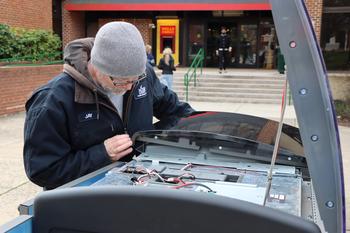
To successfully divert food scraps and other compostable items, the university must maintain a clean compost stream. Design changes were installed at waste stations to help reduce waste contamination. The Max-R zero waste station inside the on-campus Starbucks offers helpful design features like waste stream co-location, restrictive lid openings, and color-coded messaging. The station is made of more than 1,600 reclaimed milk jugs, supporting Mason’s post-consumer recycled purchasing goals and guidance.
The involvement of Mason Dining was crucial for the success of the industrial composting pilot. Mason Dining staff identified difficult-to-sort items, inventoried common contaminants during weekly audits, and piloted behavioral and educational interventions to support appropriate waste disposal.
